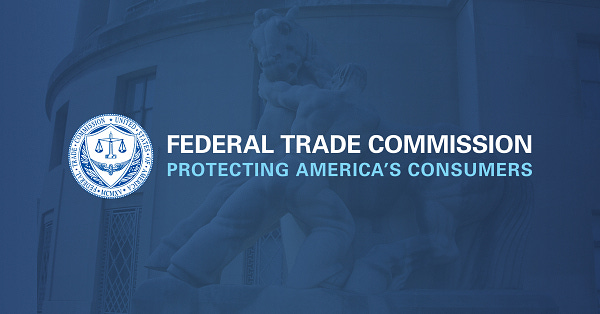Calling All Commenters

It’ll be a short newsletter this week with just one thing to put on your radar: In Washington State, where wealthy digital behemoths and under-funded election regulators have been in an extended tussle over rules for online election ads, the state’s rule-makers want to hear from you.
They’ve just opened a process to change Washington State’s controversial political ad rules, which happen to be the toughest in the country when it comes to mandating transparency in digital advertising. With zero digital ad regulation moving at the federal level, what happens to these Washington State rules will generate national ripples.
A few weeks ago the rule-makers at the Washington State Public Disclosure Commission announced they want the process of potentially changing these transparency requirements to be “collaborative,” and at a July 22 meeting the chair of the commission, Fred Jarrett, declared: “We’re not trying to cut a deal with Google or Facebook and cave to their international power.”
This all appears to be an effort to rebut charges that the PDC’s new push toward a rule revision is all about “submission and acquiescence” to corporations like Facebook and Google, which have long been displeased by Washington State’s uniquely strong transparency mandates and earlier this year held private talks with state regulators about them.
To further demonstrate the commission’s open-mindedness going into this process, it’s kicking things off with a request for public input at (or before) the commission’s next meeting on August 26.


I know there are quite a few readers of this newsletter who have thoughts on how tech giants should be regulated in general, as well as specific ideas for what companies like Facebook and Google should have to share with the public about the microtargeted election ads they sell. Here’s a chance! Tell ’em.
Some of the things I’ve been reading this week:
• “Facebook Cares About Privacy—But Only If You’re an Advertiser” — Facebook recently shut down some New York University researchers who were running something they called an “Ad Observatory.” As The Atlantic explained, one goal of this NYU research project was “learning targeting patterns for political ads, information that Facebook does not make available through its Ad Library.” Why? Because, The Atlantic continued, “This information is crucial for understanding how political candidates deliver different messages to different voters, a technique that could allow a candidate to try to suppress turnout of one voting group while encouraging the turnout of a different group.” (Worth noting: One of Facebook’s major complaints about the current political ad disclosure rules in Washington State is—you guessed it—a requirement that ad targeting data be revealed.)
• Elections have consequences — When Facebook tried to claim it had to shut down those NYU researchers because of a privacy agreement the company had previously reached with the Federal Trade Commission, the Biden-era FTC swiftly called out Facebook’s claim out as “inaccurate,” adding: “The FTC is committed to protecting the privacy of people, and efforts to shield targeted advertising practices from scrutiny run counter to that mission.”


• Little privacy for Big Tech’s outsourced call center employees — “Workers who provide outsourced customer service to some of the nation’s largest companies are being pressured to sign a contract that lets their employer install cameras in their homes to monitor work performance,” NBC News reports. “They must also agree to sharing data and images related to any children they have under the age of 18 — who might get picked up by video and audio monitoring tools — and to sharing biometric data including fingerprints and photos. There is also a clause that requires workers to take polygraph tests if requested.”
• Apple’s new plan to scan iPhone photos — “Apple unveiled plans to scan U.S. iPhones for images of child sexual abuse,” NPR reports, “drawing applause from child protection groups but raising concern among some security researchers that the system could be misused, including by governments looking to surveil their citizens.”
Questions? Tips? Comments? wildwestnewsletter@gmail.com



